Under the slogan "You Can Count on Us!", the 34th Balvanyos Summer Open University and Student Camp begins on Tuesday in Baile Tusnad (Tusnadfurdo), Transylvania. The series of events, commonly known as Tusvanyos, is organized by the Budapest-based Pro Minoritate Foundation and the Transylvanian Hungarian Youth Council (MIT), and runs through Sunday morning.
Amid war and economic uncertainties, the organizers have chosen a reassuring message for those who return to Tusvanyos year after year seeking answers, planning for the future, or simply enjoying the unique atmosphere,
said Krisztina Sandor, the director of political programming. "This year’s topics will include panel discussions on the Ukraine-Russia war, the Israel-Iran conflict, and the recent elections in Romania, featuring both politicians and analysts. For the Szeklerland region specifically, a highlighted topic will be the causes and consequences of the recent disaster in Prajd (Parajd) and its long-term impact on tourism in the area, she said.
Topics Tusvanyos traditionally focuses on are not missing from the offer this year either, among which
national policy is gaining more prominence at the open university each year.
Schemes launched by the secretariat for national policy in support of Hungarian communities outside Hungary's borders will be presented, and a national policy roundtable will be held on Friday morning, featuring leaders of Hungarian political parties from countries neighboring Hungary who will report on the sitaution of their communities.
Krisztna Sandor added that economic topics have traditionally had a strong presence at Tusvanyos. Alongside political decision-makers, many leaders from Hungary’s business and banking sectors will participate. Key agenda items include energy security and the economic and financial challenges caused by the war.
Topics will range from local Romanian-Hungarian issues to Hungarian national matters, broader Carpathian Basin politics, EU policies, and even global shifts in power dynamics on the threshold of a change in the world order. Tusvanyos allows for more open and outspoken dialogue, including debates, than the tone taken in Bucharest, Budapest, or Brussels,
the director for political programing said. She recalled that while the open university was originally established in the 1990s as a forum for Romanian-Hungarian dialogue, Romanian political figures no longer attend, fearing backlash from their voter base. However, Tusvanyos remains open to dialogue and differing opinions, even if the majority of attendees share similar political values. As an example, she cited the traditional debate forum of Hungarian parliamentary group leaders.
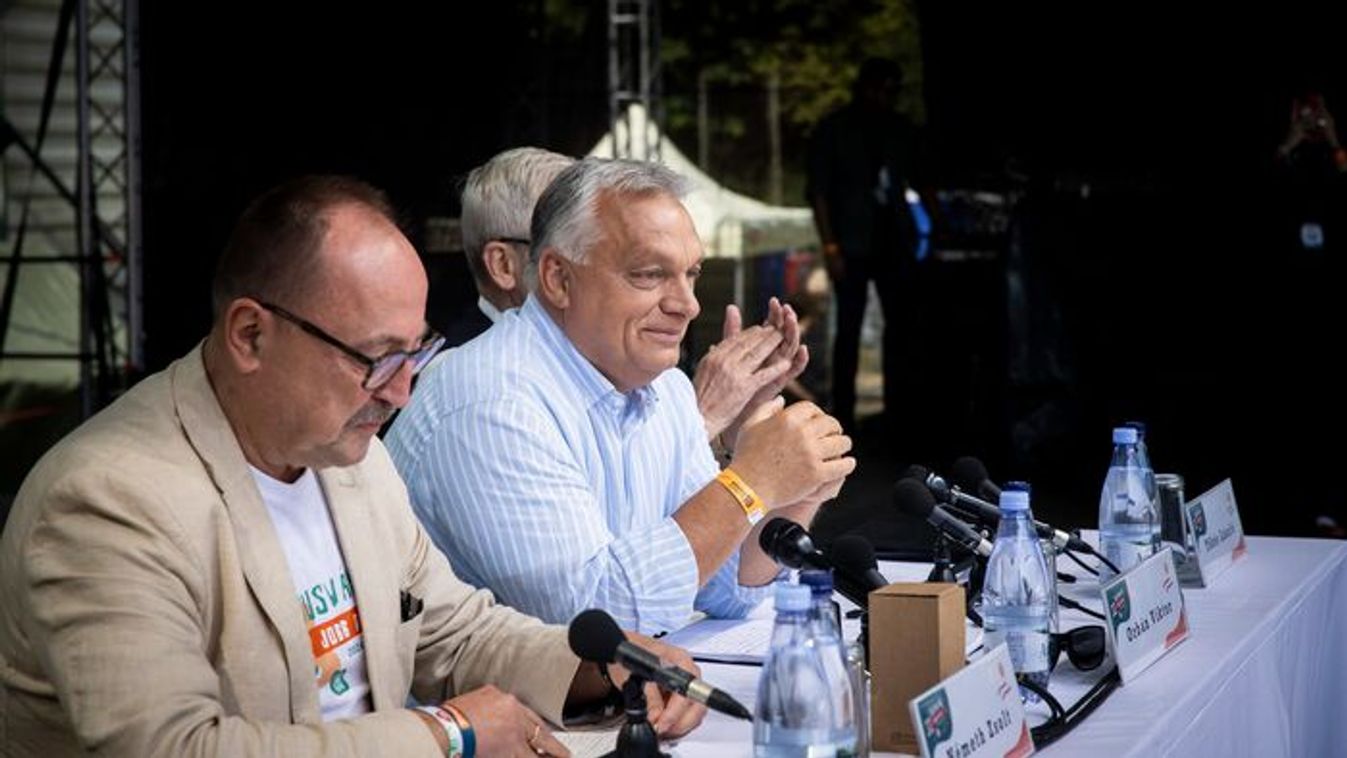
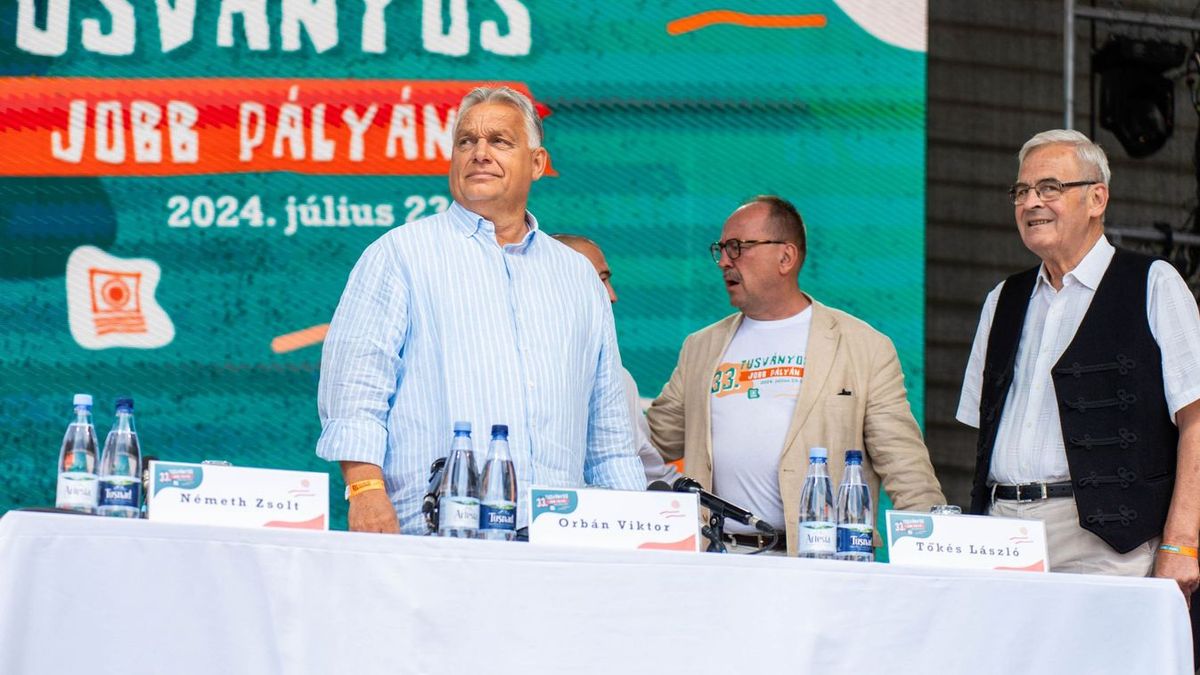





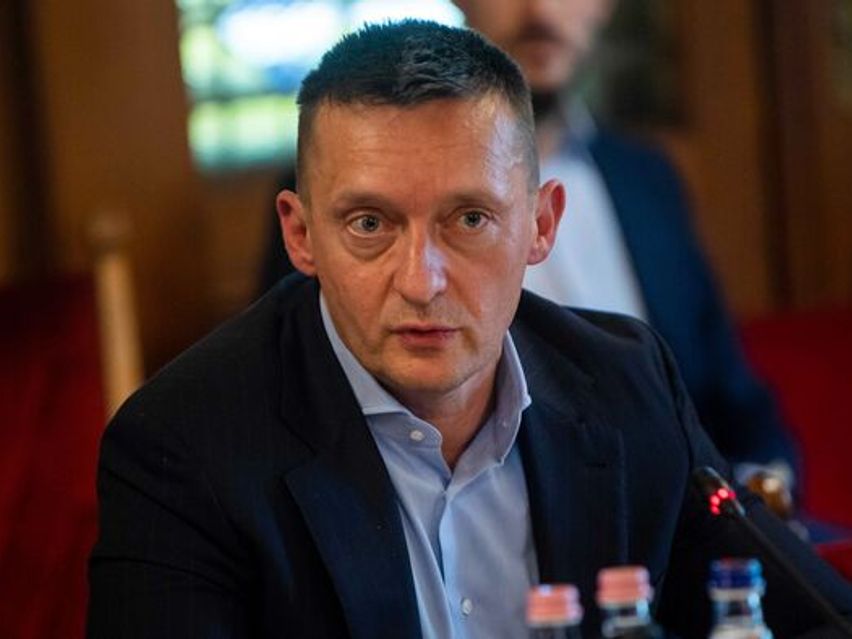
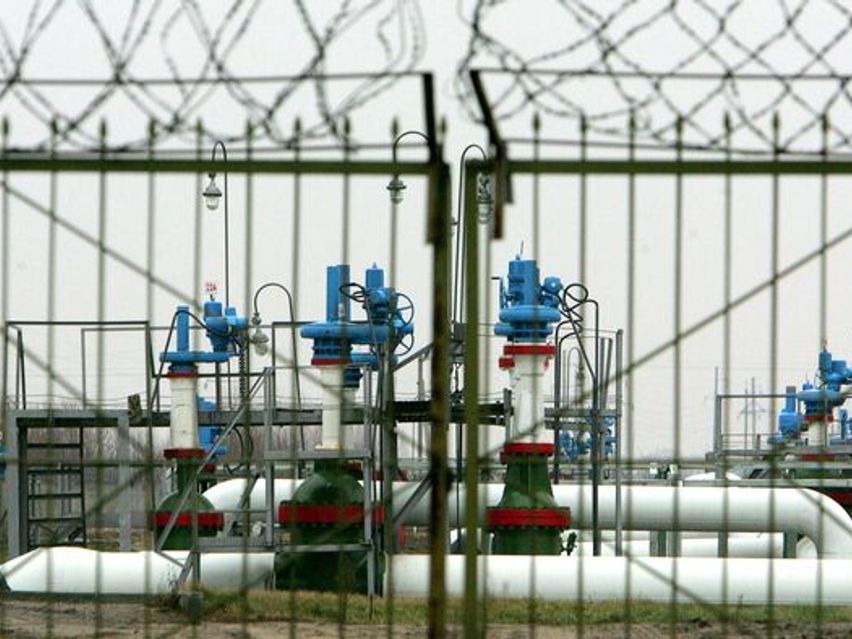






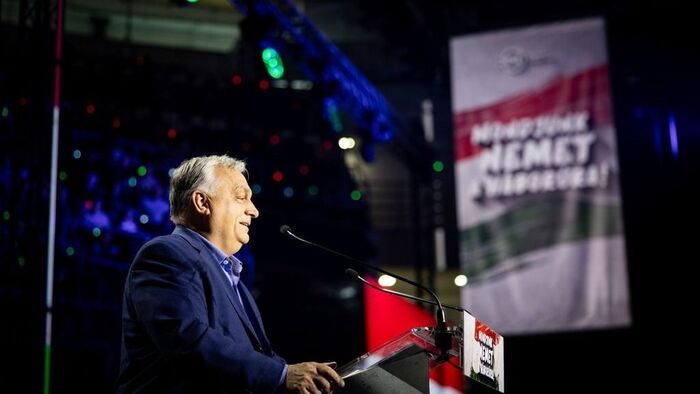
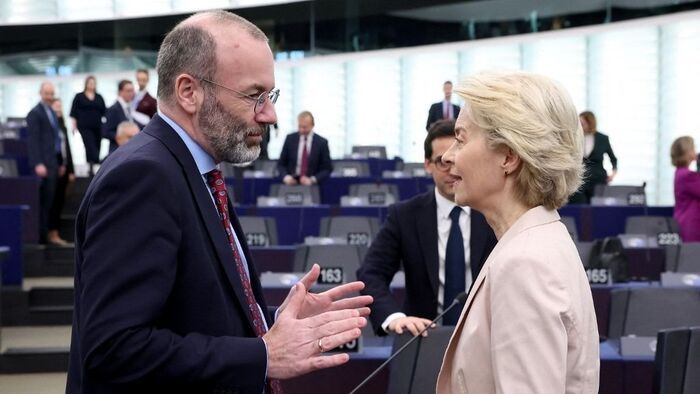

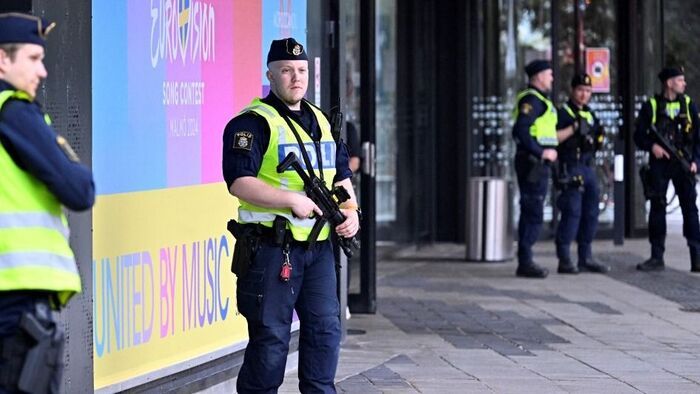





Szóljon hozzá!
Jelenleg csak a hozzászólások egy kis részét látja. Hozzászóláshoz és a további kommentek megtekintéséhez lépjen be, vagy regisztráljon!